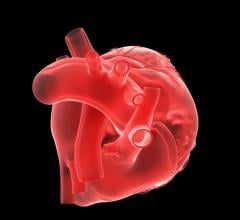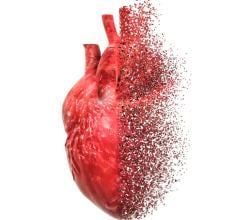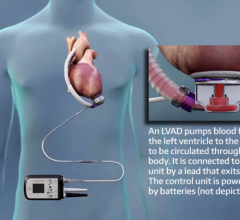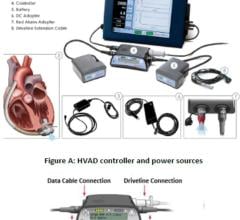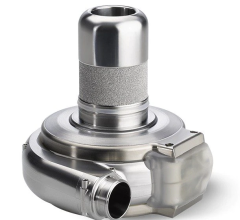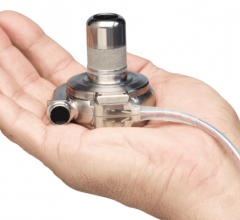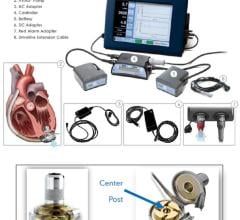December 13, 2007 - The American Red Cross and the American Heart Association join in thanking Congress today for passing a bill designating the first week of June “National Cardiopulmonary Resuscitation (CPR) and Automated External Defibrillator (AED) Awareness Week.”
The organizations said the passage of this resolution shines a national spotlight on how important it is for all Americans to learn critical lifesaving skills such as how to perform CPR, how to use an AED and the need to increase public access to AEDs.
In reaction to the staggering 95 percent mortality rate for the over 300,000 Americans who are victims of sudden cardiac arrest each year, House members Reps. John R. “Randy” Kuhl Jr. (R-NY), and Dan Boren (D-OK) co-sponsored the bill (H.Con.Res. 215), which successfully passed the House Dec. 11.
“This legislation will help Americans save lives at the community level,” said Rep. Kuhl. “If you suffer sudden cardiac arrest outside of a hospital, you have a five percent chance of survival. It doesn't have to be that way. If we can train more Americans in performing CPR and using AEDs, we can save more lives.”
It is estimated that on average it takes eight to 10 minutes for first responders to reach a victim. Therefore, it is essential for the public to be trained and certified in lifesaving skills in order to feel comfortable performing CPR and using an AED until advanced help arrives.
“These procedures save lives and increasing the training and awareness of them will serve to protect all of us,” Boren said. “Access to these techniques provides cardiac arrest victims with the precious moments they need to reach hospital care.”
The Senate version of the bill (S.Con.Res. 54) was co-sponsored by Sens. Russell Feingold (D-W) and Susan Collins (R-ME), who championed the bill to its successful passage on Dec. 6.
“Establishing a National CPR and AED Awareness Week is an essential step towards ensuring communities across the country are able to properly respond if tragedy strikes,” Feingold said. “The more we can do to educate our communities on how to conduct CPR and operate AEDs, the more lives we can save.”
The passing of the National CPR and AED Awareness resolution will give a large boost to accomplishing the Red Cross and the Heart Association’s shared vision of having all Americans to be within four minutes of an AED device and someone trained to use it. Scientific studies show that for every minute defibrillation is delayed; there is an approximate 10 percent decrease in the likelihood of resuscitation.
“This vote sends the message that Americans should learn how to perform CPR and operate a defibrillator and make both a priority,” said Robert O'Connor, M.D., chair of the American Heart Association’s Emergency Cardiovascular Care Committee. “If more Americans receive CPR and AED training, then sudden cardiac arrest victims have a much greater chance of survival.”
For more information: http://americanheart.org, www.redcross.org


 June 19, 2024
June 19, 2024 
